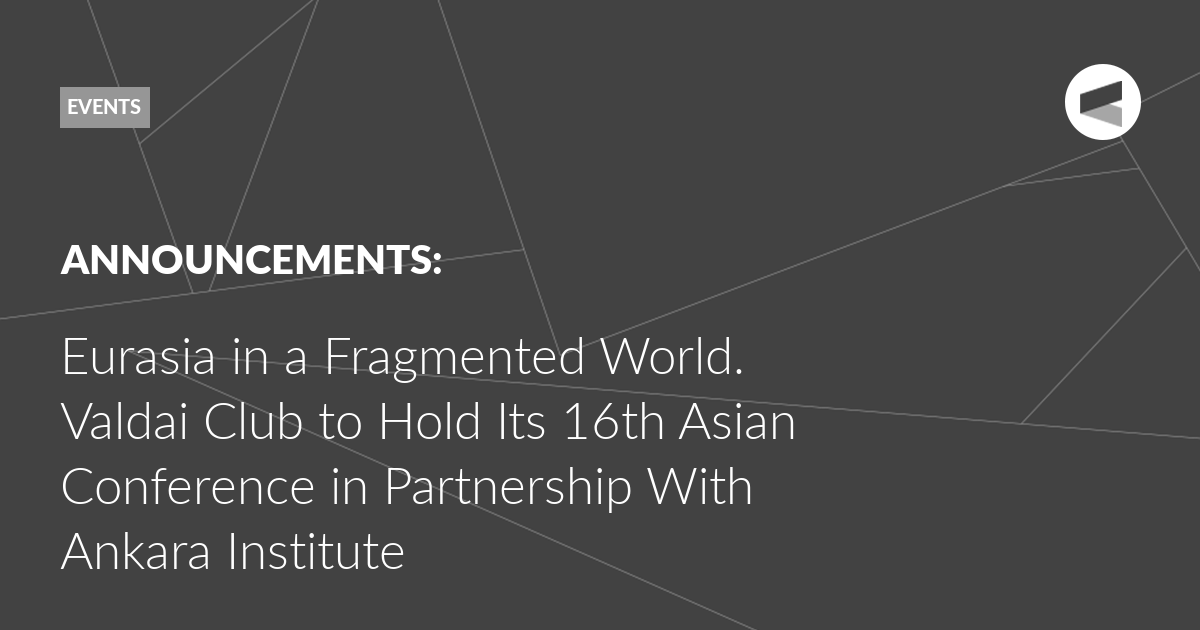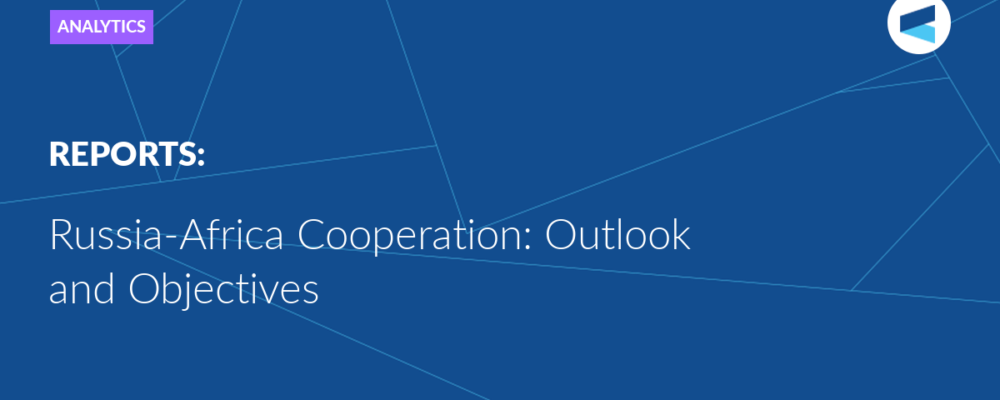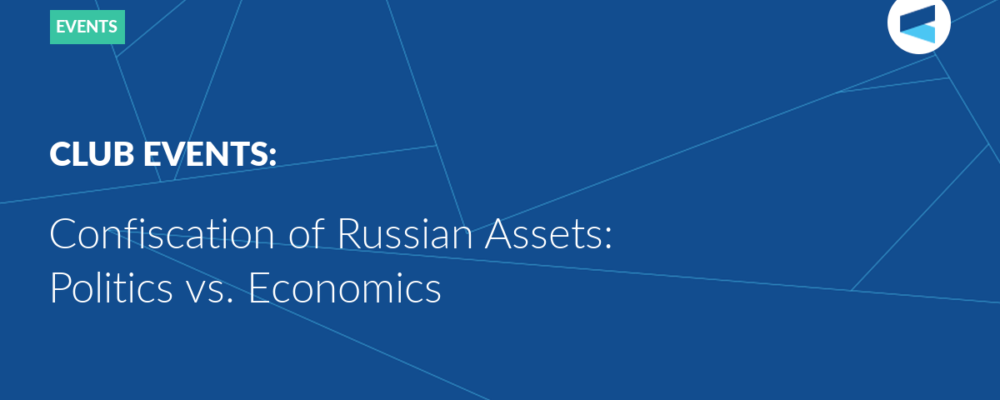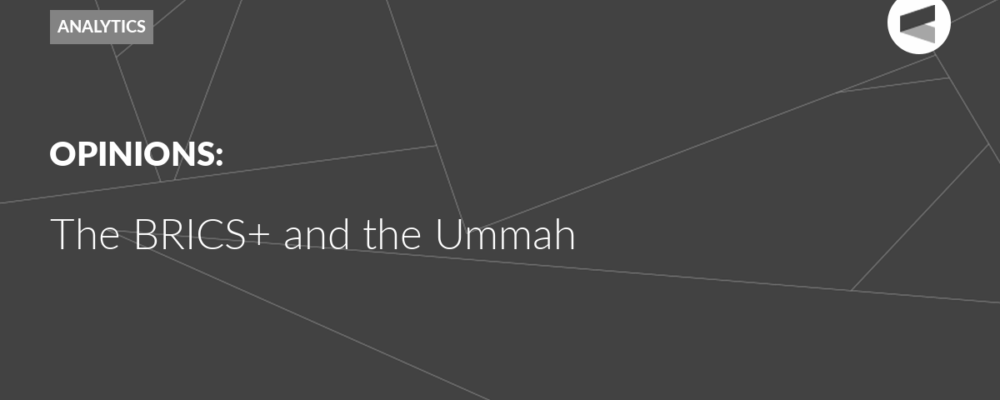From November 10 to 11, Turkey will host the 16th Asian Conference of the Valdai Discussion Club, organized in partnership with the Ankara Institute. Under the theme “Eurasia in a Fragmented World,” the event will be held in Istanbul.
The Valdai Club continues to expand the geography of its Asian meetings. Throughout the history of its Asian Conferences, the Valdai Club has held them in Indonesia, Malaysia, Russia, Singapore, Uzbekistan, and South Korea; this year, the event will be held in Turkey for the first time. Istanbul is a city that connects Europe and Asia not only geographically, but also economically, culturally, and civilizationally. The organizers therefore see it as a fitting venue for a discussion on the complex transformations underway across the Eurasian space.
The Club’s conference partner, the Ankara Institute, is a Turkish think tank that conducts research on geopolitics and social and economic phenomena within Turkey, Eurasia, and the Middle East. The think tank’s staff includes academics, government officials, and specialists with extensive experience. Institute representatives have repeatedly participated in Valdai events, including the Middle East Conference and the Club’s Annual Meeting.
The 16th Asian Conference will bring together more than 40 experts from 12 countries, including China, India, Russia, Saudi Arabia, Turkey, and the United Kingdom. The opening ceremony is expected to feature addresses from Andrey Bystritskiy, Chairman of the Board of the Valdai Club’s Foundation for Development and Support, and Taha Özhan, Research Director of the Ankara Institute. Alexey Ivanov, Chargé d’Affaires of the Russian Federation to the Republic of Turkey, will attend as the guest of honour.
The conference aims to analyse Eurasia’s role and development prospects in an era of constant, multidirectional global change. This theme is particularly relevant as new centres of power emerge on the world stage. These actors are increasingly seeking to interact through healthy competition and fair cooperation, free from the dictates of a single global power – a trend that is vividly exemplified by the nations of Eurasia.
The conference theme is “Eurasia in a Fragmented World.” The organizers believe that the international order that emerged after the Cold War is disintegrating, giving way to a polycentric world that nevertheless offers greater stability than the previous system based on Western dominance. Eurasia is a unique region that has always been at the centre of global processes, initiating most of them. Today, it is also the epicentre and driving force of political, economic, and technological change. The combination of great power competition, shifting alliances, and the emergence of new transportation corridors is redefining Eurasia’s role in the future global order. The 16th Asian Conference’s two-day programme includes an introductory session, an opening ceremony, and five thematic sessions. The following topics will be on the agenda:
The conference will explore its theme, “Eurasia in a Fragmented World,” from the premise that the post-Cold War international order is disintegrating. In its place, a more polycentric world is emerging, which the organizers believe offers the potential for greater stability than the previous system of Western dominance.
Eurasia, a region perpetually at the heart of global affairs, is now the epicentre and driving force of contemporary political, economic, and technological change. The interplay of great-power competition, shifting alliances, and new transportation corridors is actively redefining the continent’s role in the future global order.
The two-day programme for the 16th Asian Conference comprises an introductory session, an opening ceremony, and five thematic sessions. The agenda will address the following topics:
-
Welcome session. Middle Powers, the Quest for Strategic Autonomy, and the Future of Global (Dis)Order;
-
Global (Dis)Order and Eurasia;
-
Turkey, Russia and the New Geopolitics of Eurasia;
-
Transport and Infrastructure Connectivity in Eurasia;
-
Regional Interlinkages and Shifting Regional Orders: Middle East, South Caucasus and Central Asia;
-
BRICS and Global (Dis)Order: What Is on Offer?
Special attention will be paid to issues of global and regional governance. In his speech at the recent 22nd Annual Meeting of the Valdai Discussion Club, Russian President Vladimir Putin noted: “Institutions of global governance created in an earlier era either ceased to function or lost much of their effectiveness.” New governance institutions are currently developing, including BRICS, the SCO, and regional organizations in Eurasia. In today’s reality, Eurasia is a platform for new ideas and approaches, and associations like BRICS offer a new form of polycentric world order, allowing participants to pursue their national interests without compromising those of other actors.
The international participants in the Asian Valdai include: Bal Krishan Sharma, Major General (Ret.), Director General, United Services Institution of India; Vali Kaleji, Senior Research Fellow, The Institute for Iran-Eurasia Studies (Iran); Tarik Yousef, Director, Middle East Council on Global Affairs (Qatar); Adil Kaukenov, Director, Belt and Road Science-Educational Centre; JohnGong, Professor and Vice President for Research and Strategy, University of International Business and Economics (China); Khalid Alshimmari, Acting Head of Global Affairs Department, Dubai Public Policy Research Center (UAE).
The Russian side will be represented by Elmira Imamkulieva, Head of Laboratory for Contemporary Iranian Studies, HSE University; Alexei Kupriyanov, Head, Centre for Indian Ocean Region, IMEMO, Russian Academy of Sciences; Anastasia Likhacheva, Dean, Faculty of World Economy and International Affairs, HSE University; Marcel Salikhov, President of the Institute for Energy and Finance Foundation and Director of the Center for Economic Expertise, HSE University; Pavel Shlykov, Associate Professor, Department of History of the Near and Middle East, Institute of Asian and African Studies, Lomonosov Moscow State University; Anton Bespalov, Programme Director of the Valdai Discussion Club; Timofei Bordachev, Programme Director of the Valdai Discussion Club; Academic Supervisor, Center for Comprehensive European and International Studies, HSE University; and Fyodor Lukyanov, Research Director of the Valdai Discussion Club.
The conference’s working languages are Russian, English, and Turkish.
Information for the media: In order to get accredited for the event, please fill out the form on our web site. If you have any questions about the event, please call +79269307763.
Links to the live broadcast of the discussion will be posted on all online platforms of the Valdai Club: on the website, X (formerly Twitter), VK, Telegram and Dzen.
The Valdai Discussion Club was established in 2004. It is named after Lake Valdai, which is located close to Veliky Novgorod, where the Club’s first meeting took place.
Please visit the firm link to site






